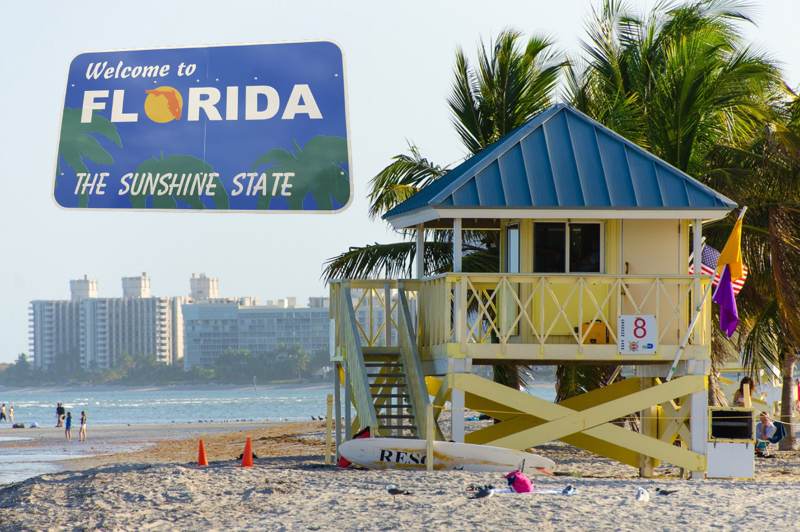Florida carrier surplus declines 23.5%, combined ratio hits 147.5% at end of Q3

Florida’s personal property carriers are having another very difficult year, with policyholders surplus being down by 23.5% across the group by the end of the third-quarter of 2022, new data from reinsurance broker Gallagher Re shows.
At the same time, combined ratios are up at 147.5% on average by the end of Q3 and that’s without the full effects of hurricane Ian being factored in, as this could only be based on early estimates and reserves given Ian struck relatively late in September.
On the more positive side, Gallagher Re’s latest data on carriers that derive most of their premiums from the Florida personal property insurance market shows that over the last year, direct written premiums increased 10.9% to $15.7 billion, up on the Q3 2021 figure of $14.2 billion.
Florida’s insurer of last resort, Citizens Property Insurance Corporation, grew fastest though, with its direct written premiums rising 77.6% year-on-year.
But Florida specialist property carriers only grew 1.9% by comparison, reflecting the continued transfer of risk to taxpayer backed coverage in the state.
Losses are up significantly at the end of Q3 2022, with all of the subgroups tracked by reinsurance broker Gallagher Re reporting net underwriting losses.
These losses have driven a steep reduction in policyholder surplus, which fell 23.5% across all the carriers tracked, from $12 billion to $9.2 billion.
Total composite net loss and loss adjustment expense (LAE) reserves were up $3.2 billion since the end of 2021, with Citizens posting the biggest increase of $2.6 billion.
On the combined ratio side, across the Florida personal property insurance industry it has increased by 27.5% year-on-year, to 147.5%.
The industry net loss and LAE ratios increased by 30.8 points to 116.7% in the last year as well.
With potentially more pain to come, as hurricane Ian losses become clearer, the Florida carrier cohort are in a precarious position as they move towards 2023.
Which drives home the need for meaningful reform at this weeks Special Session, as without it some of these carriers are going to find themselves struggling to raise funds and secure reinsurance before the next hurricane season.






